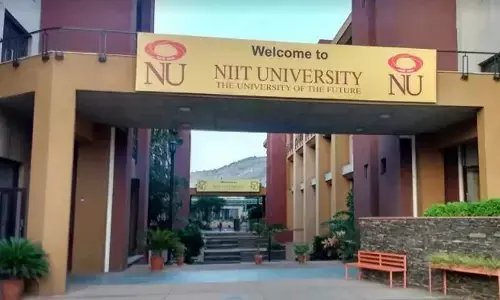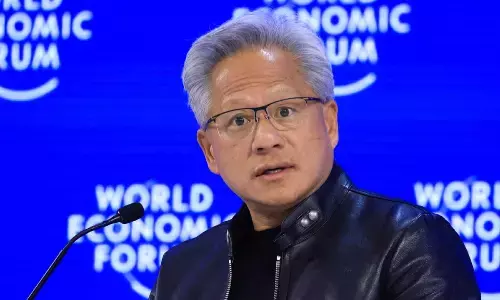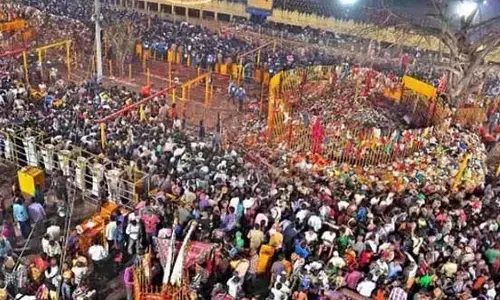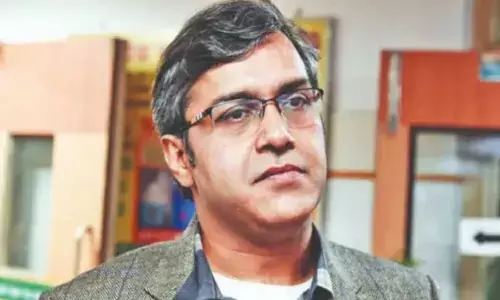'Unconstitutional': Bombay HC strikes down IT Rules amendment setting up 'Fact Checker Units'
Share :
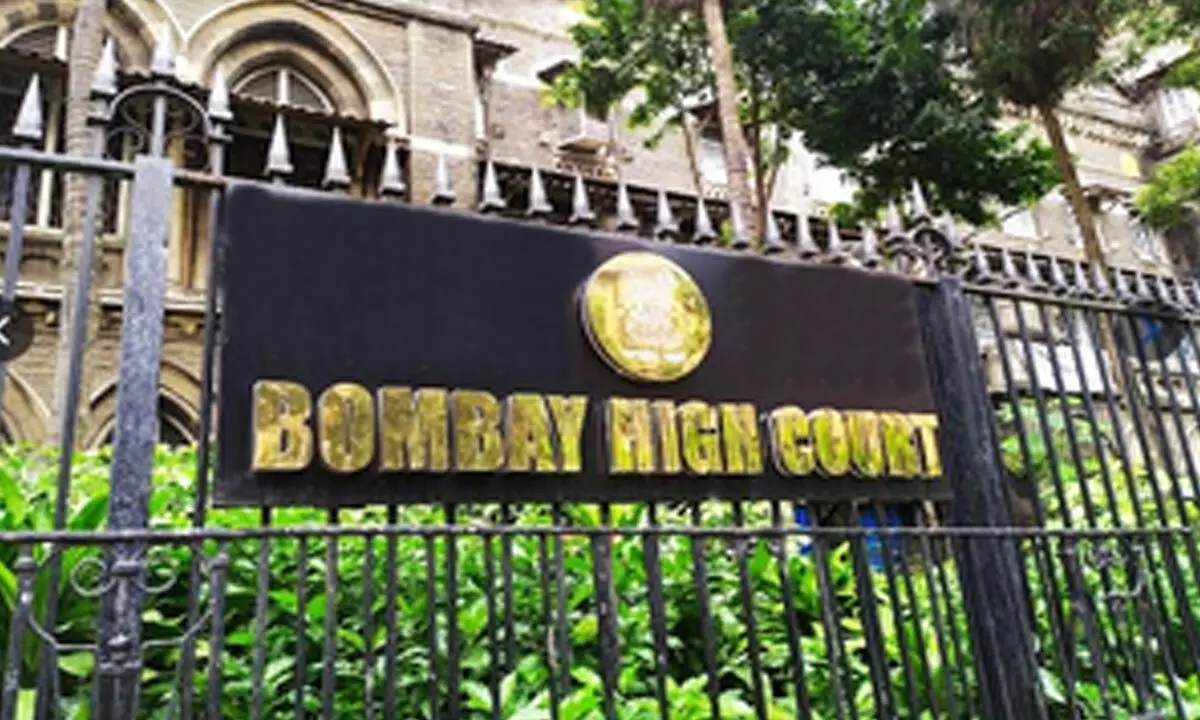
The Bombay High Court's "tie-breaker" judge on Friday struck down the Information Technology Rules amendments' Rule 3, which empowers the Central government to establish Fact Check Units
Mumbai: The Bombay High Court's "tie-breaker" judge on Friday struck down the Information Technology Rules amendments' Rule 3, which empowers the Central government to establish Fact Check Units (FCUs) to weed out "fake and misleading" information about it on social media platforms as violative of Articles 14 and 19 of the Constitution.
A single-judge bench of Justice Atul Chandurkar pronounced his opinion on the issue after a division bench of Justice Gautam Patel and Justice Dr Neela Gokhale had delivered a split verdict in January 2024, in several petitions, including one filed by comedian Kunal Kamra.
In their ruling nine months ago, Justice Patel had struck down the rules in their entirety while Justice Gokhale had upheld their validity, resulting in the split verdict.
Thereafter, in February, Chief Justice D.K. Upadhyay appointed Justice Chandurkar to provide his "tie-breaking" opinion in the case.
In his verdict, Justice Chandurkar said that the amendments "violate Articles 14 (equality before law) and Article 19 (Protection of certain rights regarding freedom of speech, etc) of the Constitution, and also the Article 21 (protection of life and liberty) and do not satisfy the test of proportionality".
In his verdict, Justice Patel had said that the proposed FCUs under the amended rules "directly infringed fundamental rights under Article 19 (1)(g)" due to the differential treatment between online and print content. However, Justice Gokhale had said that the rule was not unconstitutional and termed as "unfounded" the apprehensions of the petitioner that the FCU would be a biased body comprising persons picked and acting at the behest of the government, and held that there was no restriction on free speech nor did the amendments suggest that the users could face any penal consequences.
Article 19 (1)(g) deals with the freedom to practice one’s profession or business while Article 19 lists the nature of restrictions that can be imposed. As per the amended rules, major social media platforms would have to either take down the content or add a disclaimer after the government’s FCU identified it.
The petitioners had contended that the two rules are ultra vires the Sections 79 and Sec. 87(2)(z) of the IT Act 2000, and violate the fundamental rights granting citizens "equal protection under the law" as per Article 14 and Article 19(1)(a) and 19 (1)(g).
Kamra, through his lawyers, senior counsel Navroz Seervai and Arvind Datar, said he was a political satirist who relies on social media platforms to share his content and the rules could lead to arbitrary censorship of his content, it could be blocked, taken down or his social accounts could be suspended or deactivated.
However, the Ministry of Information & Technology claimed that it would be in the public interest for "authentic information" related to the government to be ascertained and disseminated after a fact-check by a government agency (the FCU) to contain any potential harm to the public at large. Seervai also pointed at the lack of remedies available to the users if their content is flagged by the FCU as "fake, false, or misleading" and the only recourse for them would be a writ petition.








